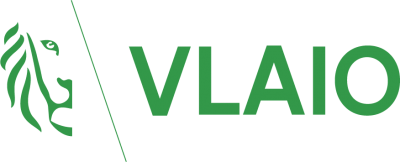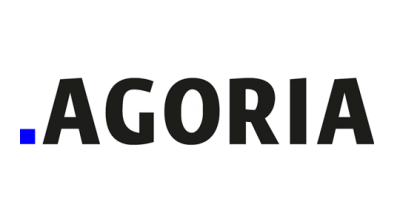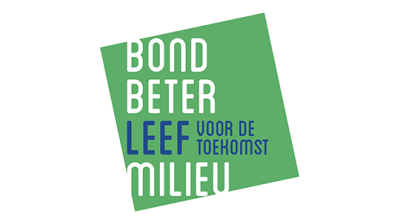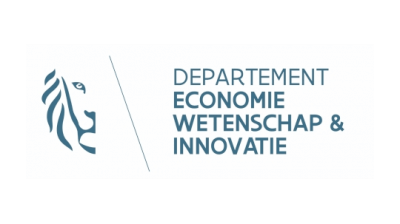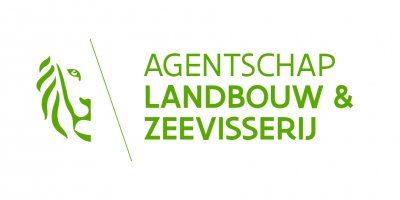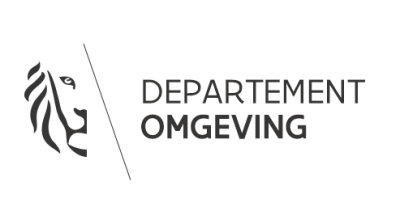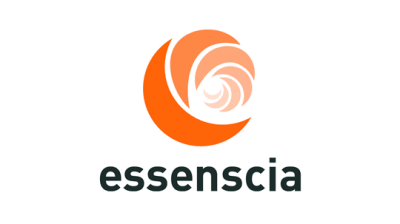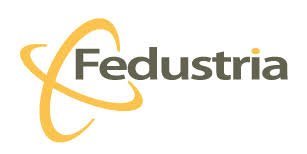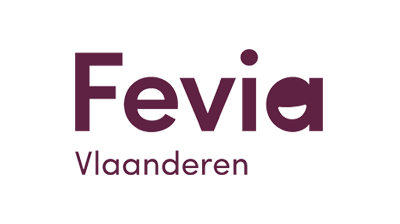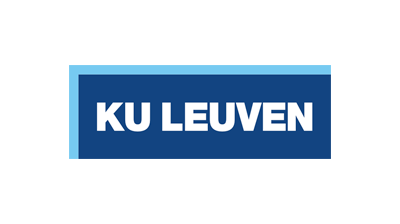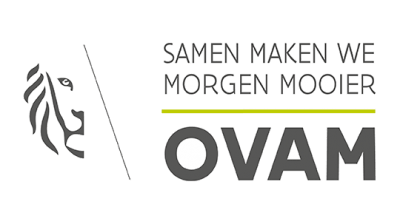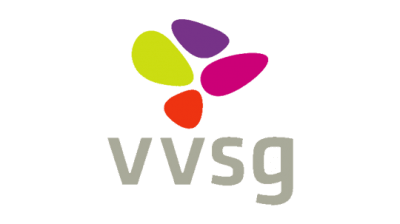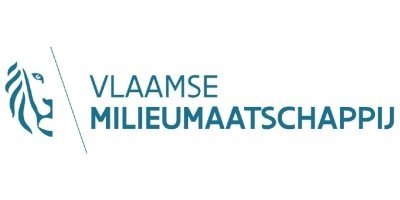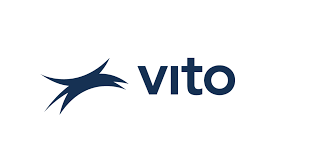OpenStructures
Shared standards as a key to sustainable design
OpenStructures (OS) is a design methodology for open modular and collaborative construction. It facilitates circular material flows and the reuse and repair of components. By allowing for future adaptations during the design phase, OS generates building components that are widely interchangeable and objects that can be infinitely adapted and repaired.
With this project, we want to introduce the methodology to a broad public so that the system is spread throughout Flanders. Therefore, we developed a series of educational kits aimed at different target groups. The goal is to raise awareness among the widest possible audience and to teach them how to think and act in a more circular way.
In collaboration with Vooruit Arts Centre, Design Museum Ghent, the KASK and the Ostend library, we have outlined routes with accompanying workshop formulas, focusing on four target groups: schoolchildren, students, museum visitors and citizens. This resulted in four different building and design kits, each tailored to the specific competences of each group. All kits and components were tested and evaluated on location by both participants and facilitators.
Key results |
Key lessons learned |
|
|
What will the future bring?
Now that we have a wide range of educational products and formulas at our disposal, we want to valorise them as much as possible at home and abroad through targeted communication and promotion. To this end, we are looking for the right partners.
In addition, we would like to collaborate with institutions and companies that facilitate educational activities themselves and/or are looking for materials and formulas around circularity and sustainability.
We also want to develop OpenStructures into a fully-fledged label for circular design and production, as a hallmark for reusable objects and components. For this too, we need partners, on the one hand designers and companies who want to apply the label to their products and on the other hand architects, distributors and shops who want to market this circular offering.
Finally, we want to further focus on writing out possible reuse scenarios, linking primary to secondary users.
OS.Family
Partners Kunstencentrum Vooruit, Design Museum Gent, KASK – Koninklijk Conservatorium van de HOGENT-Howest
Topics Recycling & Reuse ›
